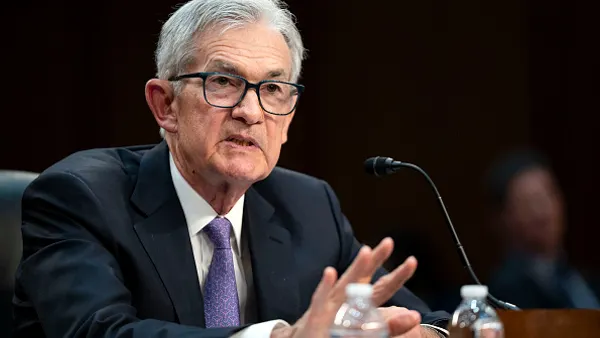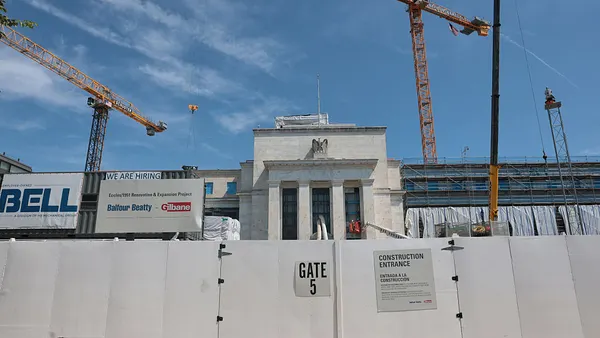A bill that aims to reform anti-money laundering (AML) laws in the U.S. would also streamline compliance costs for financial institutions, said Rep. Carolyn Maloney, D-NY, during a keynote speech ahead of the Brookings Institution's anti-money laundering panel Wednesday.
On the 18th anniversary of the Sept. 11, 2001, terrorist attacks that killed nearly 3,000 people in New York City, the Pentagon and Shanksville, Pennsylvania, Maloney said the bill addresses "one of the most pressing national security problems we face in this country."
"Anonymous shell companies are the vehicle of choice for money launderers, criminals and terrorists," she said.
Maloney said the Corporate Transparency Act, whose main purpose is to crack down on the illicit use of anonymous shell companies, has been backed by banks and industry trade groups that favor the reduced compliance burden it would create.
HR 2513 would require companies that have characteristics of a shell corporation to disclose their true beneficial owners to the Financial Crimes Enforcement Network (FinCEN), a division of the Treasury Department, at the time the company is formed.
Maloney said the information would only be available to law enforcement and financial institutions, so banks can comply with FinCEN's Know Your Customer (KYC) rules.
The bill would exempt from the reporting requirement companies with more than 20 employees, over $5 million in gross receipts or sales, and with a physical presence in the U.S.
Companies that employ more than 20 people and have legitimate, business-related income are unlikely to be anonymous shell companies, Maloney said.
Financial institutions are required to collect beneficial ownership information from companies and report them to FinCEN, a task that can come at a high cost for banks.
Major financial institutions report spending up to $500 million each year on KYC compliance and customer due diligence, according to Opus, a compliance and risk management solutions company.
"Onboarding now routinely takes anywhere from one to three months on average," Opus President Kelvin Dickenson wrote in a blog post this year. "Long wait times are expensive for banks and frustrating for clients, who expect quick and easy interactions."
A Thomson Reuters survey also found 12% of companies said they changed banks as a result of KYC inefficiencies.
Maloney called the bill a "win-win" for both law enforcement and the nation's financial institutions.
"My bill would streamline this process by allowing financial institutions to access the FinCEN database of beneficial ownership information," Maloney said. "That way financial institutions will be able to better police the financial system because they will truly know who their customers are, and will also ease the regulatory burden on financial institutions at the same time."
The American Bankers Association and eight other industry trade groups have backed the bill, along with Treasury Secretary Steve Mnuchin.













